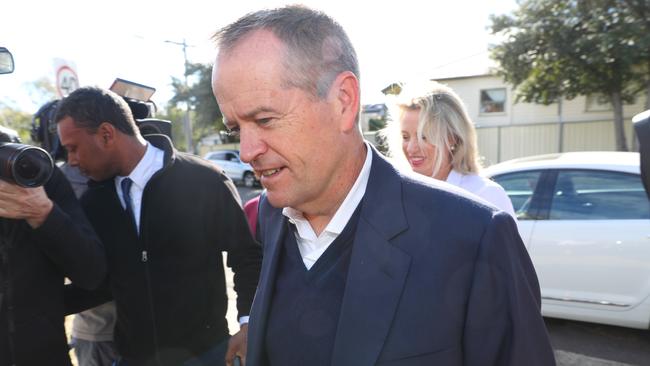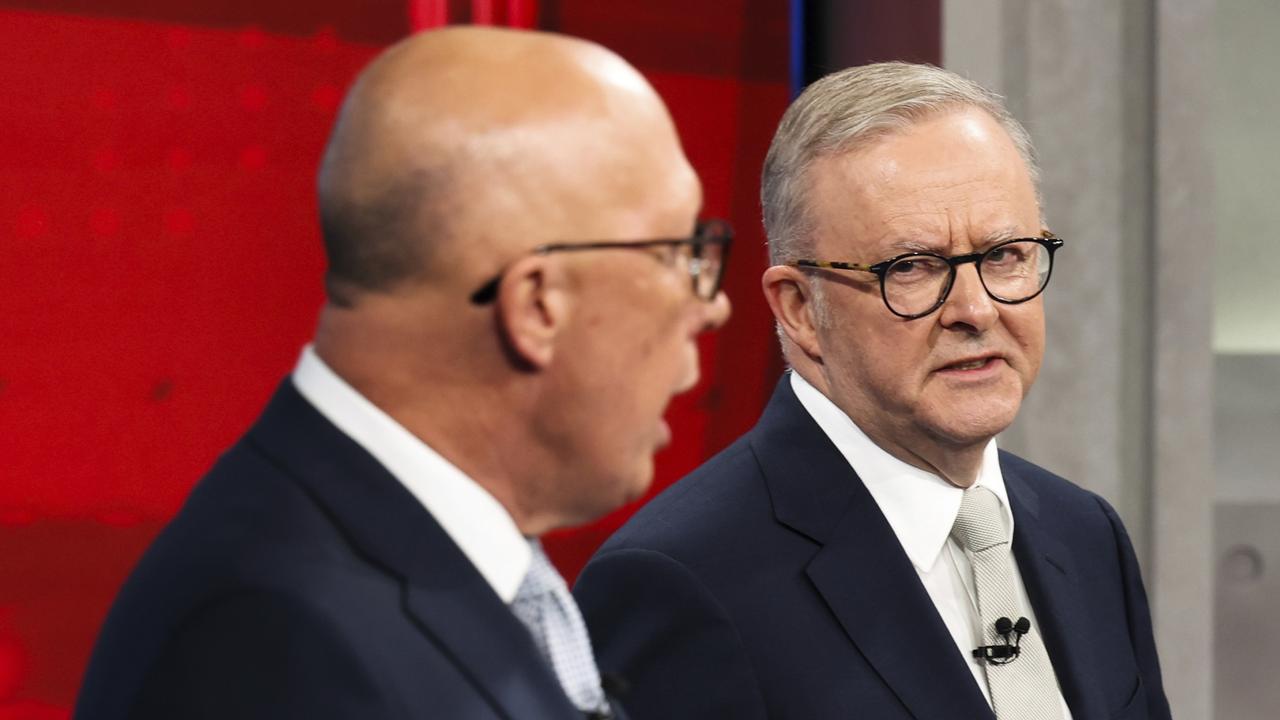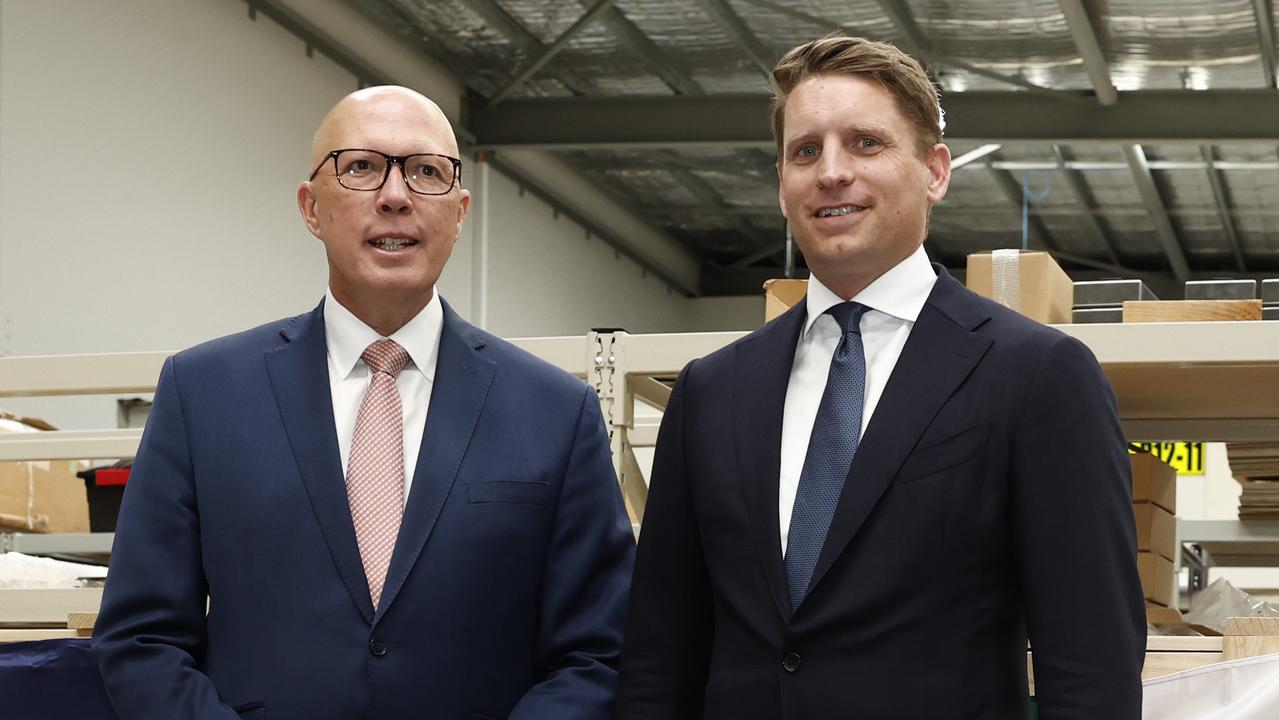
As things turned out, the Bolsheviks were able to bring the epidemic under control, thanks partly to a program of American humanitarian assistance co-ordinated by the staunchly anti-communist Herbert Hoover.
And after a propaganda campaign had hammered home the importance of personal hygiene, Lenin could proudly show the German socialist Klara Zetkin a letter in which rural schoolchildren assured their “Dear little Grandfather Lenin” that just so as to make him happy, “we wash our hands time and again”.
Of course, stabilising Soviet power in the midst of civil war, famine and disease required much more than propaganda. Having put in place the instruments of mass repression, Lenin reminded his comrades that practical politics inevitably involved “two steps forward, one step back” and initiated the New Economic Policy, which restored some private property rights and brought a degree of relief from widespread starvation.
But Lenin also ensured that any reversion to capitalism would be merely temporary, with Stalin drowning the last traces of a market economy in a sea of blood.
Now, it is capitalism which, locked in battle with disease, has had to take a step back. No, the market economies have not veered to Soviet-style central planning, nor will they. But just as it would be foolish to expect Marxism to return from the grave, so it would be wrong to downplay the changes recent months have brought.
The spectacular increase, in almost all the advanced democracies, in public expenditure; the explosion in budget deficits, which will lift the developed economies’ ratio of government debt to GDP from 75 per cent 15 years ago to a peacetime high of 120 per cent next year; and the widespread reliance on central banks to finance those deficits by printing money, with the balance sheets of the world’s three largest central banks (the US Federal Reserve, the European Central Bank and the Bank of Japan) swelling by two-thirds in less than 12 months — together, these developments form a tsunami whose effects will be felt for decades.
There are some commentators who view the changes as a new normal, in which greater public debt will be readily mopped up by investors desperate for the security of risk-free assets or, should interest rates show any signs of rising, by central banks.
But the risk is that the artificially low rates on government bonds will fuel dangerous asset price bubbles in housing and financial markets, rendering economies even more fragile, while drastically weakened public finances will prevent governments from sustaining economic activity when those bubbles eventually collapse.
An attitude of benign neglect is therefore reckless, and nowhere more so than in a small, open economy such as ours, which remains highly exposed to large terms of trade shocks.
The sensible policy, given those conditions, is to combine a focus on raising the economy’s growth potential with an emphasis on preventing public debt from continuing to rise. Simple mathematics suggests that the more rapidly an economy grows, relative to the extent of its debt-servicing costs, the speedier will be its return to fiscal sustainability. Tax reform may have a role to play in that respect, but neither its merits nor its political feasibility are as great as its advocates claim.
And with economic activity reeling, nothing could be more counter-productive than increasing the tax burden or rendering future tax arrangements more uncertain than they are.
Yet somewhat paradoxically, under the guise of budget repair, many of the proposals Bill Shorten took to the last election are resurfacing, even if in modified form, including restricting negative gearing, curbing refunds of franking credits and increasing capital gains taxes. At the same time, hardy perennials, such as raising the GST, are being revived, given a shower and a shave, and presented as the answer to our woes.
It is as if the failed tax ideas of yesteryear were amassed in an immense old curiosity shop, in which obsessives rummage through vast piles of dusty rubbish seeking discarded treasures into which they can breathe fresh life.
To say that is not to dismiss the proposals entirely. However, they put the cart before the horse. After all, the purpose of taxation is to finance public spending. We should therefore start by asking whether we are spending the right amount on the right things.
From defence procurement and the environment through to infrastructure, education and healthcare, the answer is clearly not. And it is also clear that while the efficiency gains from tax reform tend to be small and at the margin, those from addressing the shortfalls in the quality of public spending would be large and, as economists say, infra-marginal — they would, in other words, make the entirety of the outlays involved more productive.
The fact that the demands on public spending are bound to intensify only makes concentrating on the expenditure side all the more important.
It is, for example, apparent that some stimulus measures will be difficult to unwind, particularly if unemployment remains stubbornly high.
Additionally, until a vaccine or a cure becomes available, sustaining our preparedness to cope with outbreaks of COVID-19 — or, for that matter, of a new virus — will require a further boost to health spending. And in areas that range from mental illness to aged care, there are legitimate concerns about whether today’s levels of public provision adequately meet community expectations.
Seriously tackling the level, quality and composition of public spending will hardly be easy. We are, it is true, in a strange lull, as if the summer holidays had unexpectedly been extended into the autumn months. Adding to the lull, an unprecedented public health emergency has concentrated our political leaders’ minds wonderfully, encouraging a truce that facilitated an effective (if not always efficient) response.
But it is naive to expect the truce to persist once the crisis fades. On the contrary, with budget constraints hardening, political disputes over taxing and spending will rise to new heights of ferocity. And far from being as good at managing periods of adversity as we often claim, Australians, from the crash of the 1890s to the recessions of the 1980s, have regularly made a hash of economic crises, addressing root causes only when every other possibility had been exhausted.
This time could prove to be no exception. Yes, we have fought COVID-19’s spread to a standstill; but unless we are careful, “the louse” may still win.




In December 1919, as the Bolsheviks struggled with a typhus epidemic that killed more than five million people, Lenin famously declared “either socialism will defeat the louse or the louse will defeat socialism”.